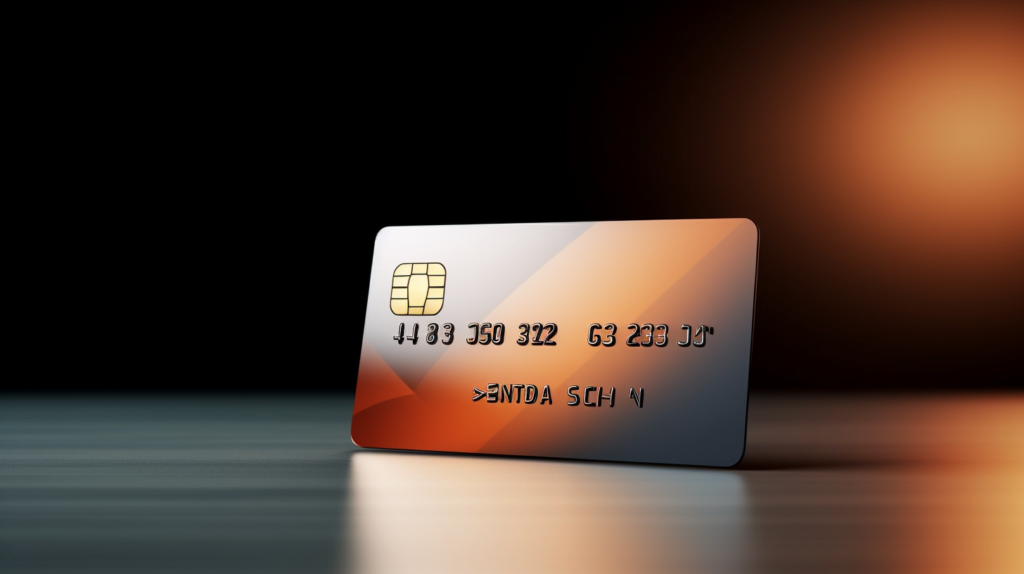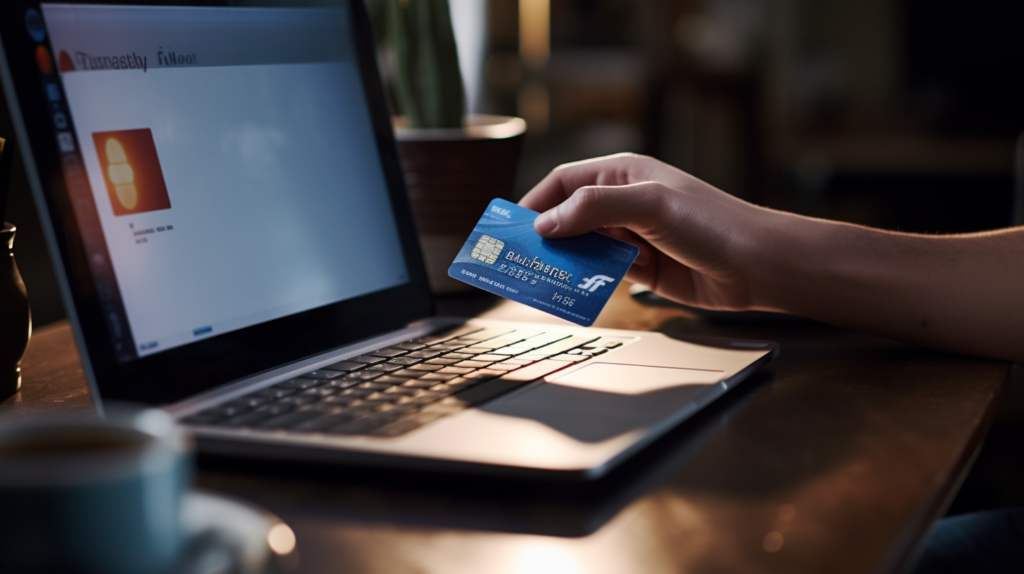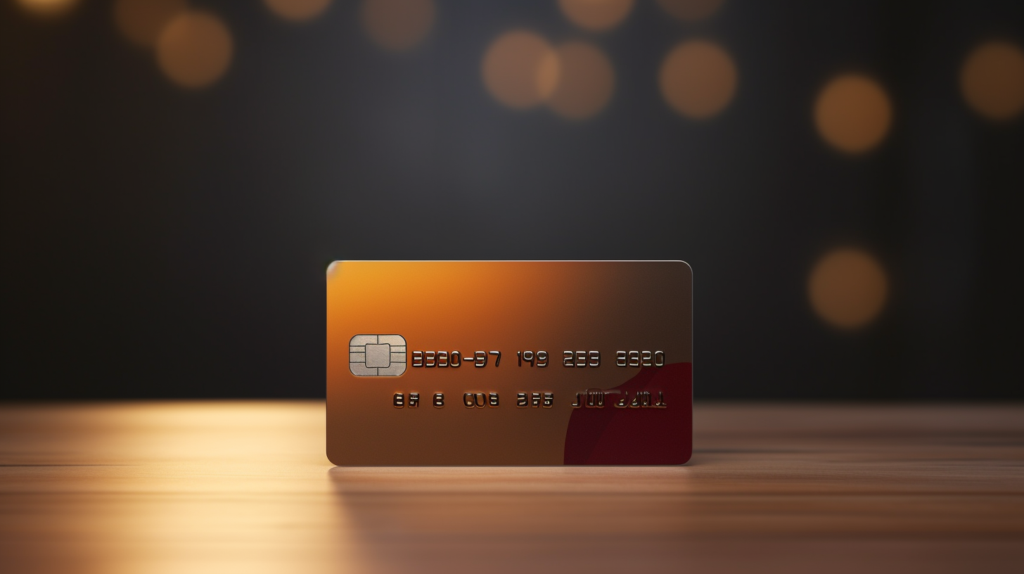Planning a trip abroad? One important aspect to consider is how to manage your finances while traveling.
Credit cards can be a convenient and secure method for making payments overseas.
However, using credit cards in unfamiliar territory can come with its own set of challenges. With the right knowledge and preparation, you can ensure hassle-free and safe credit card transactions during your travels.
In this article, we will provide expert tips and tricks that will help you navigate credit card usage while traveling, making your payment experience seamless and worry-free.
6 Best Credit Card Tips While Traveling
Notify Your Card Issuers
Before jetting off, it is crucial to inform your credit card issuers about your travel plans. This helps prevent any unexpected disruptions in card usage and reduces the chances of your transactions being flagged as fraudulent.
Contact your credit card companies through their customer service helpline or online portal and provide them with your travel details, including the countries you will be visiting and the duration of your trip.
It is also essential to update your contact information, including your phone number and email address, so that your card issuer can reach you if necessary.

Choose the Right Credit Card
Not all credit cards are created equal when it comes to international travel. Look for cards that are widely accepted at your destination. Visa and Mastercard are often the most widely accepted cards globally.
Additionally, consider credit cards that offer travel perks and benefits, such as travel insurance, airline miles, or rewards points. These perks can help enhance your travel experience and provide added value to your credit card usage.
It is also advisable to carry multiple cards as backup in case one is lost, stolen, or not accepted at a particular establishment.
Manage Your Finances
Setting a travel budget is essential to ensure you have a clear understanding of your spending limits.
Factor in expenses such as accommodation, transportation, food, attractions, and souvenirs. By having a budget in place, you can avoid overspending and accumulating unnecessary debt during your trip.
It is recommended to monitor your credit card statements regularly to stay on top of your expenses.
Most credit card issuers provide online access to card statements, making it convenient to check for any unauthorized charges or errors.
Avoid Foreign Transaction Fees
One common fee to watch out for when using credit cards abroad is the foreign transaction fee.
Foreign transaction fees are charges imposed by credit card companies for converting your purchase from a foreign currency to your home currency. These fees can range from 1% to 3% of the transaction amount.
To avoid these fees, consider using credit cards that do not charge foreign transaction fees. Some travel-focused credit cards waive these fees as part of their benefits package.
Alternatively, you can consider using other payment methods such as prepaid travel cards or withdrawing cash in the local currency.
Currency Exchange Tips
When making purchases abroad, you may encounter the choice to pay in your home currency or the local currency.
It is generally recommended to pay in the local currency, as this allows you to leverage the exchange rates provided by your credit card company.
If you choose to pay in your home currency, a process known as dynamic currency conversion, you may end up paying higher conversion fees or unfavorable exchange rates offered by the merchant.
Be cautious of this option and opt for the local currency whenever possible. Additionally, familiarize yourself with reputable currency exchange options and compare rates to secure the best deal when exchanging cash.
Security and Fraud Prevention
Ensuring the security of your credit card information while traveling is paramount. Follow these pro tips to keep your card details safe:
Use EMV chip cards
EMV chip cards provide an added layer of security for card-present transactions. Many countries have transitioned to using chip-enabled terminals, and using your chip card is often more secure than swiping.

Utilize contactless payments
Contactless payments, such as Apple Pay or Google Pay, allow you to make purchases by simply tapping your smartphone or smartwatch against the payment terminal.
This method eliminates the need to swipe or insert your credit card, reducing the risk of card skimming.
Be cautious of ATM skimming
When using ATMs abroad, be vigilant and ensure the machine you are using does not appear tampered or suspicious. Choose ATMs located in well-lit, populated areas, and shield the keypad as you enter your PIN.
Protect your card information
Avoid discussing your credit card details in public areas. Additionally, be cautious of providing your card information over the phone unless you initiate the call to a trusted source.
Dealing with lost or stolen credit cards while traveling can be a major inconvenience. Keep a photocopy or digital scan of your credit cards stored securely online or in a separate location.
In the unfortunate event that a card is lost or stolen, report it to your credit card issuer immediately to prevent any unauthorized transactions.
Cash Reserves and Emergency Funds
While credit cards offer convenience, it is crucial to carry a reasonable amount of cash as a backup. Some establishments, especially in remote areas or small businesses, may only accept cash.
It is recommended to research the local currency of your destination and carry sufficient cash for day-to-day expenses.
Always be mindful of security and keep your cash reserves in a secure location, such as a money belt or a hidden compartment in your bag. Additionally, it is wise to have access to emergency funds, such as a backup credit card or a prepaid travel card, in case of unforeseen circumstances.
Frequently Asked Questions
What are the best credit cards for international travel?
Look for credit cards that offer no foreign transaction fees, travel rewards, and travel insurance. Popular options include Chase Sapphire Preferred, Capital One Venture Rewards, and American Express Platinum.
Are there any disadvantages to using credit cards abroad?
Some establishments may not accept credit cards, especially in remote areas. Additionally, foreign transaction fees and unfavorable exchange rates can increase the cost of transactions.

Should I pay in local currency or my home currency when using a credit card overseas?
Whenever possible, choose to pay in the local currency to avoid unfavorable exchange rates and additional charges.
Will I get charged for using my credit card abroad?
Credit card issuers may charge foreign transaction fees for converting your purchase from a foreign currency to your home currency. However, there are credit cards available that waive these fees.
Conclusion
Mastering the art of using credit cards while traveling can provide you with convenience, security, and added benefits.
By notifying your card issuers about your travel plans, choosing the right credit card, managing your finances, and following security practices, you can make seamless and safe credit card transactions abroad.
Always be mindful of foreign transaction fees, currency conversion options, and the importance of carrying cash as a backup.
With these credit card tips in mind, you can focus on enjoying your travels while leaving the payment worries behind.


 Tags:
Tags:










